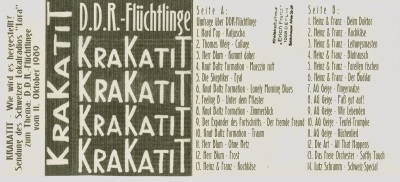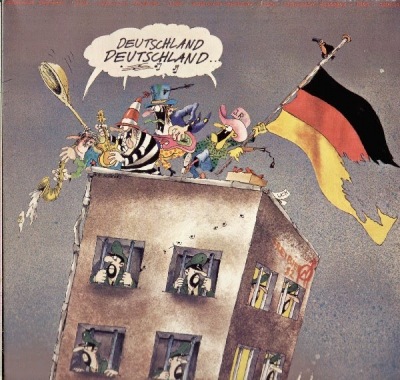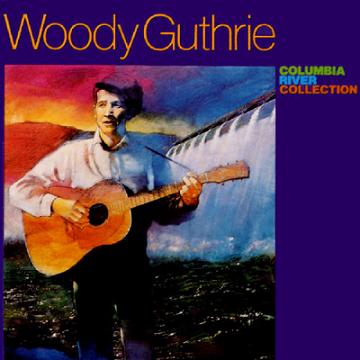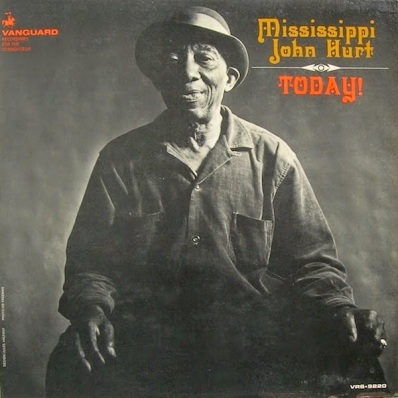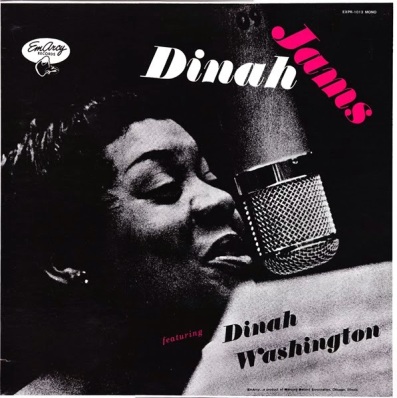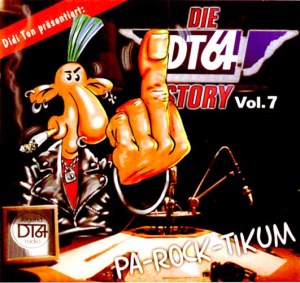
VAI’s “The Collector’s The Threepenny Opera” is a reissue of a Mastersound disc that came out about a decade before this VAI issue appeared. It features the 1930 “original cast” recording of “Die Dreigroschenoper” with the Lewis Ruth Band, which, although temporarily eclipsed by the rise and fall of Nazi Germany, has been continuously in print in some form or another since it was reissued on LP by Telefunken in the early ’50s. Indeed, it appears that the Telefunken LP is the source for much of this material as telltale reverberation used on that reissue is clearly present here.
In the CD era, this Lewis Ruth Band performance has appeared on discs issued by Symposium, Capriccio, Pearl, by Telefunken’s successor Teldec, in the giant 11-CD box of Lotte Lenya that Bear Family put out and yet more. Of the other performances included to fill out the disc, namely the 1931 Mahagonny “original cast” recording, Otto Klemperer’s Kleine Dreigroschenmusik made the same year, Bertolt Brecht’s two records of (ahem!) singing, and Lenya’s 1929 Bilbao-Song, all have appeared elsewhere except for one track, French cabaret singer Damia’s 1931 recording of “Moritat”. This is a notable exception, as Damia is a terrific singer, and it is instructive as to how, through minor changes, Kurt Weill’s “modernistic” music could be refashioned into a form capable of pleasing a more mainstream audience. Perhaps someday we will see a Damia collection that will include this along with some of her other recordings.
Certainly, the Lenya Bear Family box is excessive even for many of her most ardent fans. The Capriccio discs have the value of being more sonically honest, if noisier than these. The added reverb on VAI’s “The Collector’s The Threepenny Opera” is too much, and might be so for the average “collector.” Nonetheless, if one has never owned or heard these performances, wants to, and cannot stand 78 noise, then VAI’s “The Collector’s The Threepenny Opera” may prove an attractive option.
This album features historic recordings of selections from the Weill-Brecht classic “Threepenny Opera“, as well as selections from two of their other collaborations, “Mahagonny” and “Happy End”. Here´s an overview:
Brecht-Weill: DIE DREIGROSCHENOPER – selections
Lotte Lenya and the 1930 German cast, with the Lewis Ruth Band conducted by Theo Mackeben [rec. 1938]
Moritat (“Mack the Knife”) / Song of the Inadequacy of Life
Performed by Bertolt Brecht with Theo Mackeben’s Jazz Band [rec. 1930]
Kleine Dreigroschenmusik (Little Threepenny Music)
Berlin State Opera Orchestra conducted by Otto Klemperer [rec. 1930]
Complainte de Mackie (Moritat)
Mme. Damia with Orchestra conducted by Pierre Chagnon [rec. 1931]
Brecht-Weill: MAHAGONNY – selections
Lotte Lenya with The Three Admirals, Theo Mackeben’s Ultraphon Jazz Orchestra
Berlin Cast and the Orchestra of the Kurfürstendamm Theatre, Berlin, conducted by Hans Sommer [rec. 1930-1932]
Brecht-Weill: HAPPY END – Bilbao Song
Lotte Lenya with Theo Mackeben’s Orchestra [rec. 1930]
Tracklist in detail:
| 1. Die Dreigroschenoper: Overture – Lewis Ruth Band/Theo Mackeben |
| 2. Die Dreigroschenoper: Moritat (Mack, The Knife) – Kurt Gerron |
| 3. Die Dreigroschenoper: Ballad Of The Agreeable Life – Willy Trenk-Trebitsch |
| 4. Die Dreigroschenoper: Love Duet – Erika Helmke/Willy Trenk-Trebitsch |
| 5. Die Dreigroschenoper: Cannon Song – Kurt Gerron/Willy Trenk-Trebitsch |
| 6. Die Dreigroschenoper: Pirate Jenny – Lotte Lenya |
| 7. Die Dreigroschenoper: Act I Finale – Lotte Lenya/Erika Helmke/Erich Ponto |
| 8. Die Dreigroschenoper: Barbara Song – Lotte Lenya |
| 9. Die Dreigroschenoper: Jealousy Song – Lotte Lenya/Erika Helmke |
| 10. Die Dreigroschenoper: Farewell – Erika Helmke/Willy Trenk-Trebitsch |
| 11. Die Dreigroschenoper: Act II Finale – Willy Trenk-Trebitsch |
| 12. Die Dreigroschenoper: Procurer’s Ballad – Lotte Lenya/Willy Trenk-Trebitsch |
| 13. Die Dreigroschenoper: Song Of The Inadequacy Of Life – Erich Ponto |
| 14. Die Dreigroschenoper: Moritat (Reprise) – Lotte Lenya |
| 15. Die Dreigroschenoper: Final Chor – 1930 German Cast |
| 16. Die Dreigroschenoper: Moritat – Bertolt Brecht |
| 17. Die Dreigroschenoper: Song Of The Inadequacy Of Life – Bertolt Brecht |
| 18. Kleine Dreigroschenmusik (Little Threepenny Ste): Moritat – Berlin State Opr Orch/Otto Klemperer |
| 19. Kleine Dreigroschenmusik (Little Threepenny Ste): Ballade – Berlin State Opr Orch/Otto Klemperer |
| 20. Kleine Dreigroschenmusik (Little Threepenny Ste): Tango-Ballade – Berlin State Opr Orch/Otto Klemperer |
| 21. Kleine Dreigroschenmusik (Little Threepenny Ste): Cannon Song – Berlin State Opr Orch/Otto Klemperer |
| 22. Die Dreigroschenoper: Moritat – Mme. Damia |
| 23. Mahagonny: Alabama Song – Lotte Lenya/The Three Admirals |
| 24. Mahagonny: As You Make Your Bed – Lotte Lenya |
| 25. Mahagonny: Medley – Lotte Lenya/Berlin Cast Of The Kurfurstendamm Theatre, Berlin |
| 26. Happy End: Bilbao Song – Lotte Lenya |
VA – The Collector´s “Die Dreigroschenoper” / “The Threepenny Opera”
(256 kbps, cover art included)

